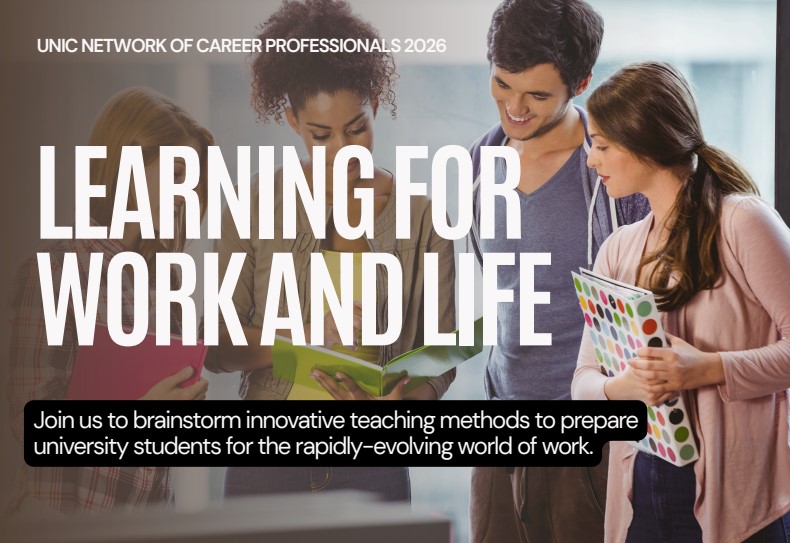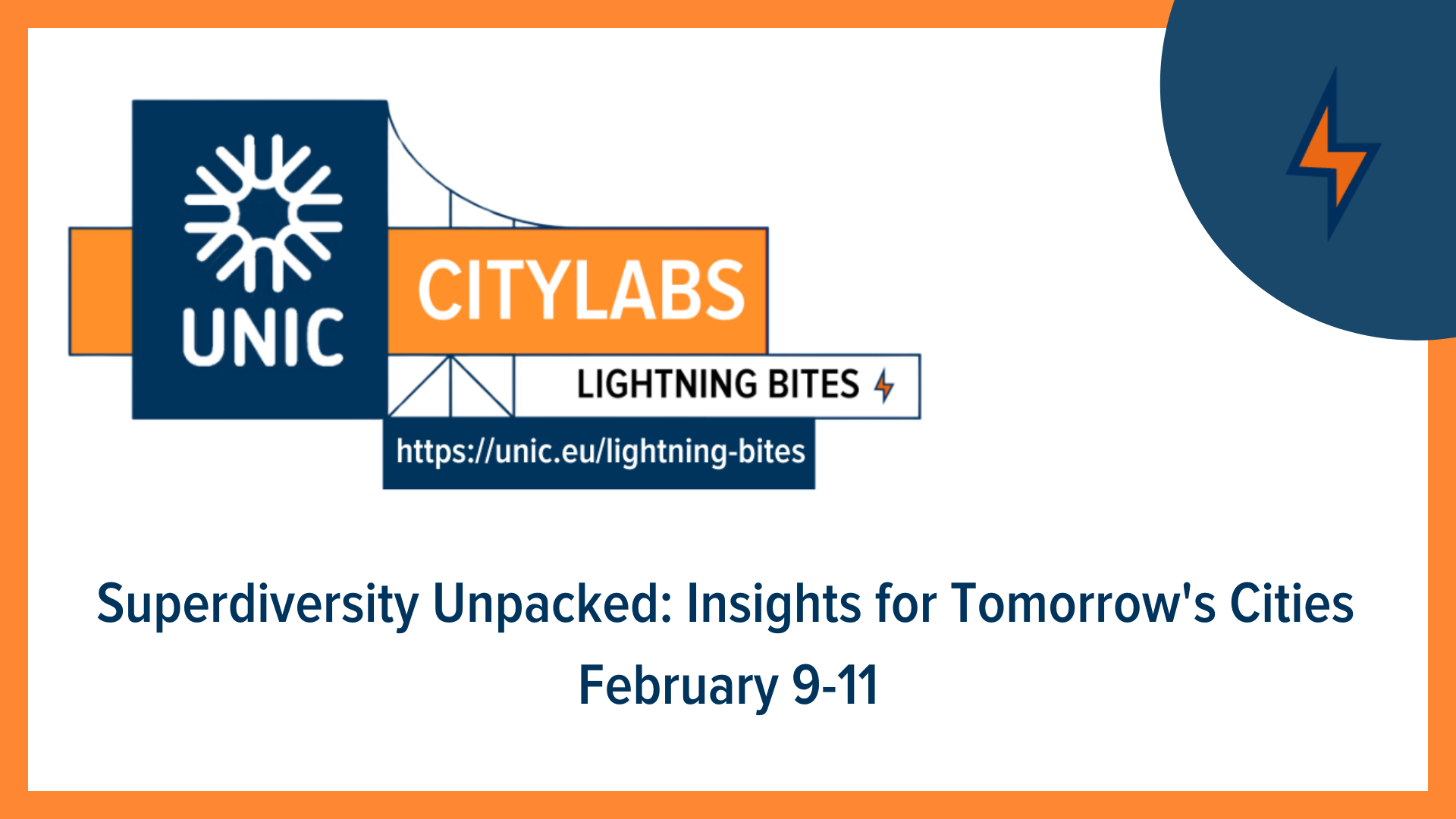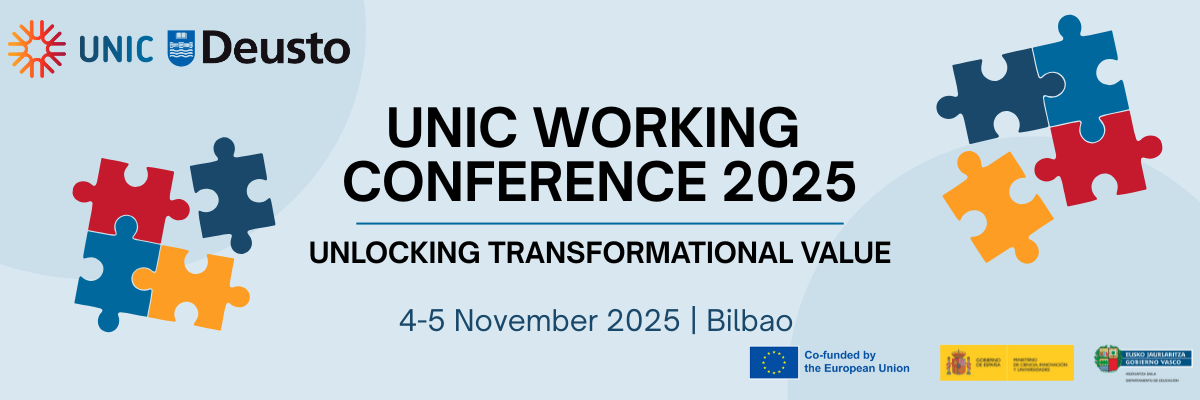The UNIC website uses cookies to improve your experience. Read our full Cookie Policy here.
19/05/2021 15:00 - 19/05/2021 16:30
The seminar will take place on May 19th 2021 at 15:00 - 16:30 (CET) via Zoom Webinar. Registration is required for all participants - the link to registration is found below: https://eur-nl.zoom.us/webinar/register/WN_YVLfoqCvQvKrzmz3sM8uFw
Rotterdam as a port city reflects the long-term history of migration. The past decades have seen increasing diversity in ethnic groups and religions but also increased variation in socio-economic statuses among inhabitants with a migration background. Rotterdam hosts so many ‘minority’ migrants that it is now considered a superdiverse city. The city government’s development strategy focuses on a balanced composition of the population and regeneration programs in combination with new residential, sustainable urban planning and city branding strategies aim to assure integration. Yet, like other post-industrial cities, the question arises: to what extent is Rotterdam widening the gap between diverse neighborhoods and gentrified port-city redevelopment projects? That is one of the major challenges for Rotterdam in becoming an inclusive city. What is needed to connect Rotterdam’s migration narrative to further the inclusive city ambition, using its present superdiversity, acknowledging the value of diversity for creativity and innovation, and shape a sustainable post-industrial port city?
Program of the seminar
Short biographies of the panelists:
Prof. dr. Paul van de Laar holds a chair in cities as a portal of globalization and urban history and is head of the History department, Erasmus School of History, Culture and Communication. Between 2013 and 2020 he was general and artistic director of Museum Rotterdam, the city museum of Rotterdam, and developed great expertise in the heritage of diversity. His research focuses on comparative port city history and migration history. He is one of the principal investigators associated with the HERA Joint Research Programme: ‘Public Spaces: Culture and Integration in Europe’. PLEASURESCAPES. Port Cities’ Transnational Forces of Integration (Barcelona, Gothenburg, Hamburg, and Rotterdam) (2019-2021). He is also one of the team members of the multidisciplinary LDE PortCityFutures program, which aims at exploring the key values of an inclusive post-industrial superdiverse port city. Together with Peter Scholten (EUR) he currently prepares a professional publication on Rotterdam superdiversity, working title: The real Rotterdammer comes from the outside.
Prof. Peter Scholten is Professor of Public Administration, with a full chair in the Governance of Migration and Diversity, at the Erasmus University of Rotterdam. His research focuses on amongst others on the governance of migration and migration-related diversity, multi-level governance, comparative public policy, and the relationship between science and politics in the field of migration. Peter is director of IMISCOE, Europe’s largest academic research network on migration, integration and social cohesion. Furthermore, he is editor-in-chief of the journal Comparative Migration Studies (CMS) and associated editor of the Journal of Comparative Policy Analysis. As of 2020, Peter will also be alliance coordinator of the European University of Post-Industrial Cities (UNIC).
Dr. Piaras Mac Éinrí is a lecturer in Geography and European Studies at the Department of Geography in University College Cork and is a member of the university’s inter-disciplinary Institute for Social Science in the 21st century. He has a particular interest in migration and integration issues and has researched and published in this field for many years. He is also involved in the migrant NGO sector in Cork city and serves on the board of Cork City of Sanctuary, a cross-sectoral initiative linking municipal and statutory organizations, the health, education and voluntary sectors and the migrant and asylum-seeking communities. He served with the Irish diplomatic service from 1976 to 1987 with postings in Brussels, Beirut and Paris.

Learning for Work and Life: virtual session by the UNIC network of car...
Join us to brainstorm innovative teaching methods to prepare university students for the rapid...
12 Feb 2026 - 01 Mar 2026
Read more »
Lightning Bites - Superdiversity Unpacked: Insights for Tomorrow's Ci...
Join us for three days of bite-size talks where we will explore how superdiversity shapes citi...
09 Feb 2026 - 11 Feb 2026
Read more »
UNIC Working Conference 2025 - Unlocking Transformational Value
The UNIC alliance comes together in Bilbao from 4-6 November for its UNIC Working Conference 2...
04 Nov 2025 - 06 Nov 2025
Read more »